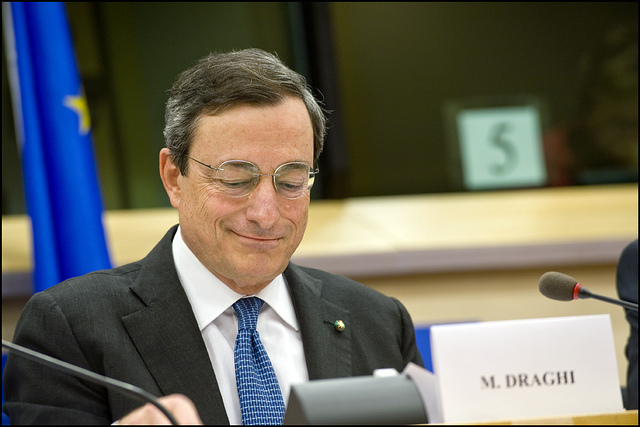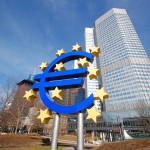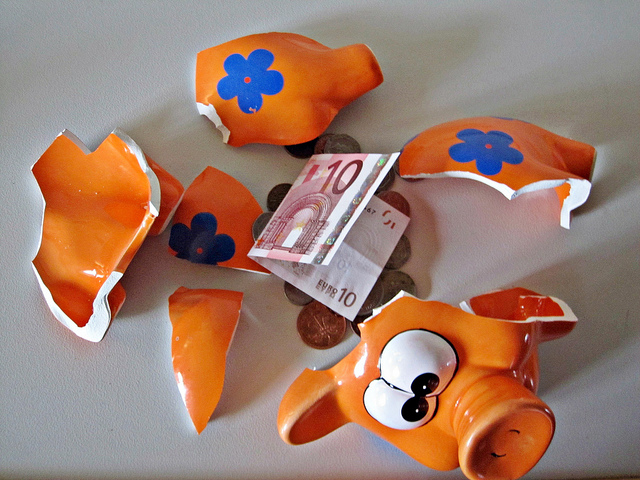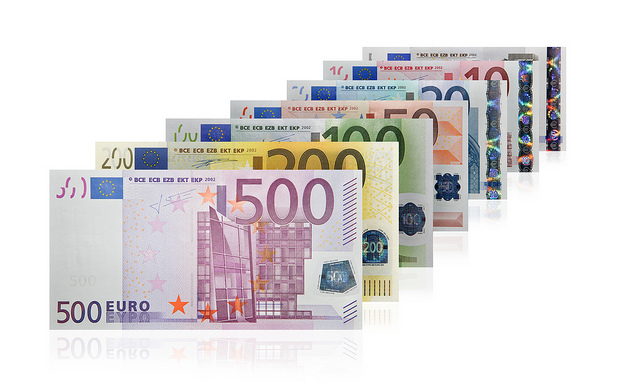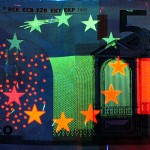If there’s one man that can celebrate a fresh start in the new year, that certainly seems to be Mario Draghi.
The European Central Bank president had taken a bold stance during a London speech in July 2012 when he declared that he would do “whatever it takes” to save the Euro. Despite disbelief and opposition, even from within Euro-zone member states such as, most notably, Germany, Draghi seems to have proven himself good for his word.
The crisis that brought the purpose of the euro into questions and had many questioning its survival, appears to have been dissipated. Draghi has been praised even by some of his harshest critics, such as Nobel-laureate Paul Krugman and economist Nouriel Roubini for revitalizing the euro.
Krugman, in fact, admitted that “Draghi did the most of it,” and said it was “pretty clear that the ECB has been decisive in alleviating the European situation.”
So where can positive results be seen? Ireland put bonds for sale this week for the time after exiting the IMF’s support programme of three years. Portugal and maybe even Greece are expected to be able to follow suit soon enough. In Spain, moreover, yields on 10-year government debt fell the most since 2009. The Stoxx Euro 600 Index climbed to its highest peak in nearly five years, while the euro advanced the most against the dollar in nearly three years.
Reduced budget cuts and increased retail sales data this week seem to signal the beginning of the end for the longest recession in the short history of the euro. And just to prove wrong anyone who predicted that the euro would spit up now, Latvia joined the currency moving it from a 17- to an 18-nation shared currency.

